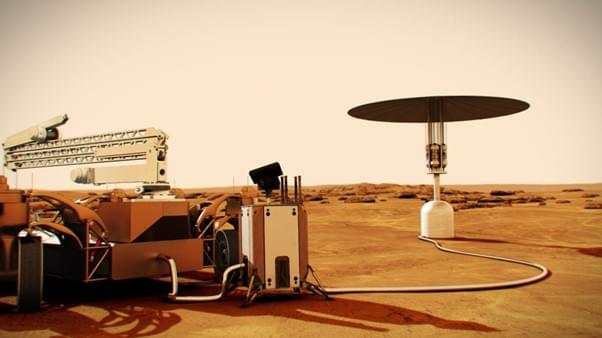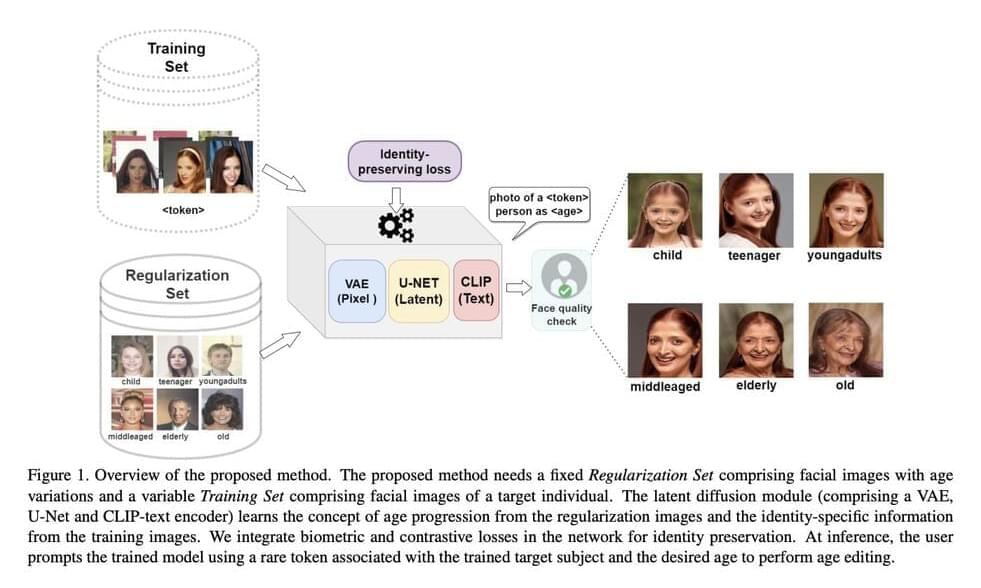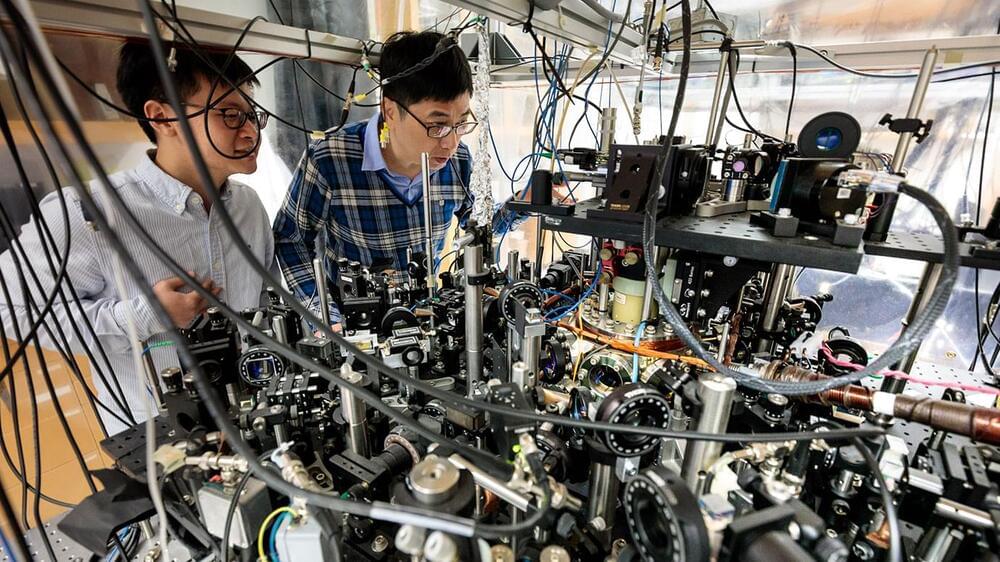The FAA made a big splash when it unveiled its Innovate28 plan for advanced air mobility (AAM) operations with electric vertical takeoff and landing (eVTOL) aircraft at scale by 2028. But while Innovate28 is just that—a plan—the agency’s friend across the Atlantic is already proposing hard requirements for AAM certification, operations, and maintenance.
The European Union Aviation Safety Agency (EASA) on Thursday shared its final opinion on rules and regulations for eVTOL air taxis, drones, and other emerging aircraft with the European Commission. Now, the ball is in the Commission’s court as it determines whether to accept EASA’s policy recommendations.
Opinion No 03/2023 lays out a comprehensive regulatory framework for safe operations of new aircraft types. It introduces requirements for piloted electric air taxi operations, flight crew licensing, air traffic management, and standardized European rules of the air (SERA). The proposal also suggests a criteria and process for the certification and maintenance of remotely piloted drones.








